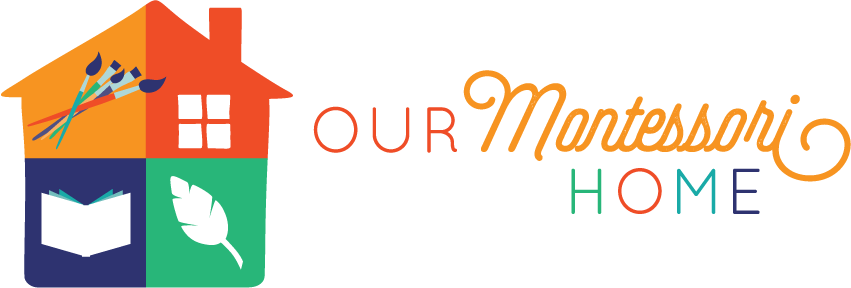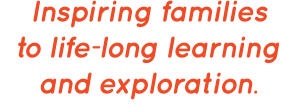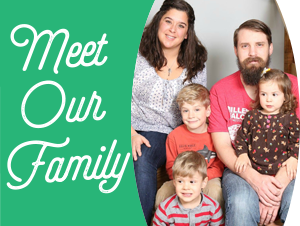“Discipline must come through liberty.”
When Montessori says this it almost seems like a contradiction. How can discipline (or what most would call self-discipline) come through liberty?
Now, apply this to a child and the reaction you get from people is often even more pronounced. They conjure up wild visions of children running free with no restrictions. This is why it’s often so hard to explain concisely what Montessori is all about. Montessori had a different way of thinking.
In the traditional school environment a disciplined child is one who sits quietly, follows instructions, and rarely–if ever–misbehaves. But is this really a disciplined child? This child has the appearance of discipline, but if left to their own devices would the child be able to “move about usefully, intelligently, and voluntarily, without committing any rough or rude act” (93)?
That is what Montessori would call a disciplined child.
Ultimately the goal of guiding and training the child is “in every case, that of helping him to make a conquest of such useful acts as nature intended he should perform for himself” (98).
This is why of the reasons why I love Montessori.
Don’t do for the child what the child can do himself.
If the child doesn’t know how then show him. We do this with my son when the opportunity arises, even at his age. If he’s showing interest in turning pages in a book we allow him to struggle almost to the point of frustration before we intervene, ask if he needs help, and then show him.
Montessori continues,
Any pedagogical action […] must tend to help the children to advance upon this road of independence. We must give help them to learn to walk without assistance, to run, to go up and down stairs, to lift up fallen objects, to dress and undress themselves, to speak distinctly, and to express their own needs clearly. We must give such help as shall make it possible for children to achieve the satisfaction of their own individual aims and desires. All this is a part of education for independence. […]
We are inclined to believe that children are like puppets, and we wash them and feed them as if they were dolls. We do not stop to think that the child who does not do, does not know how to do. (97)
The purpose of discipline is freedom. We present lessons, cultivate an environment that is prepared for the child, and model for our children the joy in learning with this goal in mind.
We want them to be children and, later, adults who are able purposeful and healthfully independent.
What do you think? How do you practice discipline in your home?






























0 comments… add one